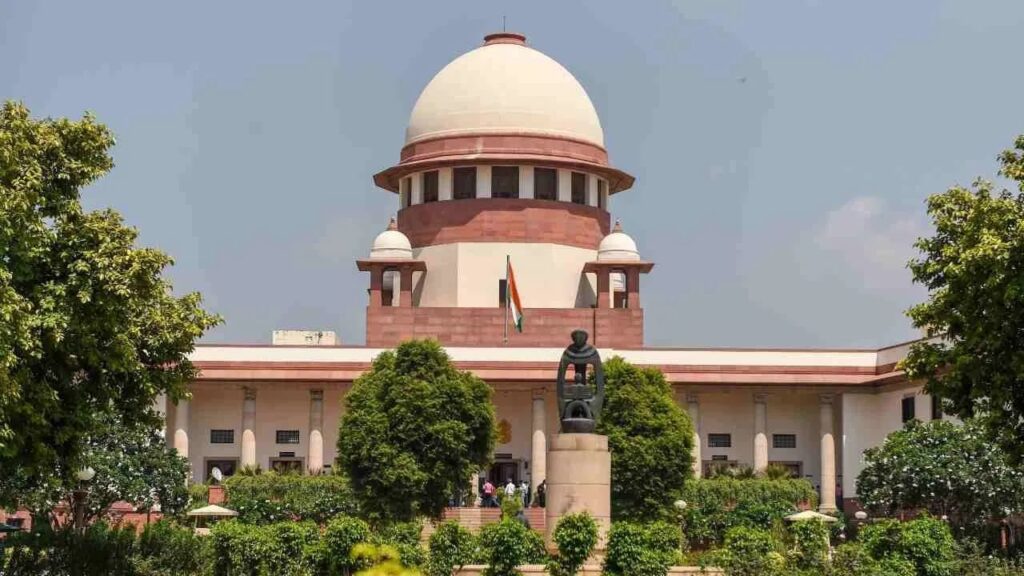A heart-wrenching plea has emerged from elderly parents in India, seeking the Supreme Court’s permission for euthanasia for their 30-year-old son, Harish Rana. The couple, who have crossed the age of 60, claims that their son has been bedridden and unresponsive for the past 11 years following a tragic accident. The Supreme Court has acknowledged their petition by issuing a notice to the central government regarding this sensitive and complex issue.
The Tragic Incident
In 2013, Harish, a student at Punjab University, suffered a severe fall from the fourth floor of a building. This tragic accident resulted in serious head injuries, leaving him in a comatose state. Now, at the age of 30, he has been unable to lead a normal life, relying solely on his parents for care.
The Parents’ Struggle
The elderly couple expressed in their petition that due to their advancing age, they are no longer able to provide the necessary care for their son. Their situation has become increasingly dire, not only emotionally but also financially, leading them to sell their home in an attempt to fund medical care and support for Harish.
Supreme Court’s Response
During the hearings, Chief Justice D.Y. Chandrachud stated that the court cannot grant euthanasia at this time. Instead, it will explore alternative options for Harish’s treatment and care. The Supreme Court has voiced its agreement with a previous High Court ruling that had rejected the parents’ request to form a medical board to consider euthanasia.
Legal Perspective on Euthanasia
The court indicated that since Harish has been living without life-supporting machines, and is being nourished through a feeding tube, euthanasia may not be applicable in this case. The justices acknowledged the significant challenges facing Harish’s parents, recognizing the emotional and financial toll enduring such a situation imposes on them.
Search for Compassionate Solutions
The Supreme Court has emphasized the need for a humane solution in this tragic case, albeit without granting the request for euthanasia. The court’s notice to the central government requests input and assistance from Additional Solicitor General Aishwarya Bhati, recognizing the exceptional complexity and sensitivity of the situation at hand.
Moving Forward
This case not only highlights the personal tragedy faced by one family but also opens up broader discussions about euthanasia, patient rights, and the responsibilities of healthcare systems in India. It underscores the need for empathetic legal frameworks that can address the intricate human emotions tied to life, death, and prolonged suffering.

